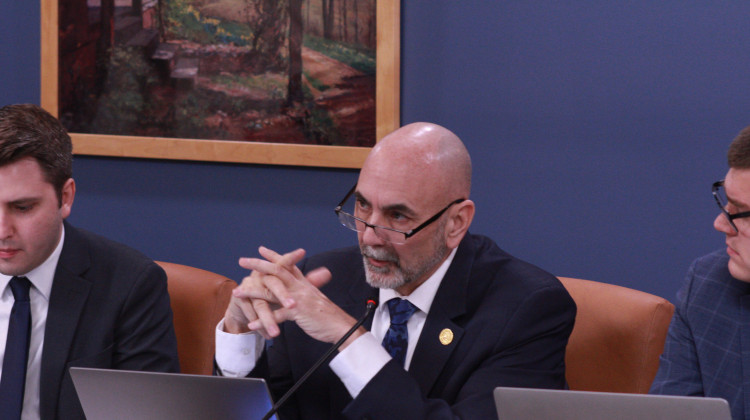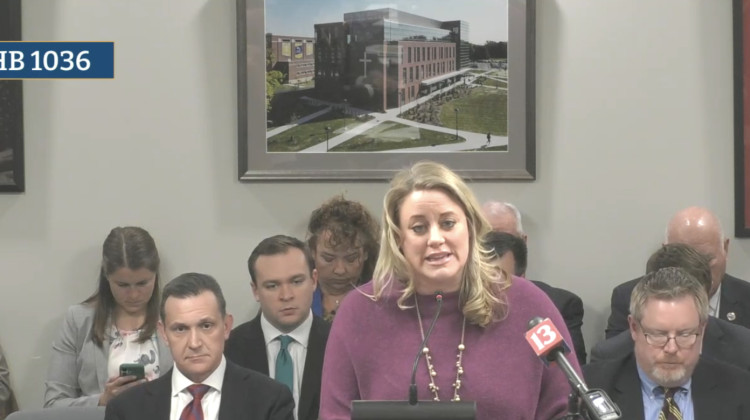
A federal judge indicating her ruling on Indiana's new abortion law will come before the law takes effect July 1
stock photoA federal court heard arguments Tuesday in a lawsuit seeking to prohibit a new Indiana law that bans abortions performed solely because of the fetus’ potential disability, sex or race. The law also requires fetal remains to be either cremated or buried.
The federal judge says she will issue a ruling before the law takes effect July 1.
Abortions For Certain Reasons Banned
The ACLU of Indiana – on behalf of Planned Parenthood – says the law is unconstitutional because states cannot prevent women from terminating a pregnancy prior to viability, or 20 weeks.
Indiana Solicitor General Thomas Fisher says advancements in technology enable people to know much more about a fetus. And he says the state wants to prevent discrimination.
But ACLU of Indiana legal director Ken Falk says the case is really about a right to privacy.
“And the Supreme Court stated – and has reiterated – that before viability, the state has no absolutely no right, for whatever reason, to interfere with the right to obtain an abortion,” Falk says.
Regulation Of Fetal Remains
The Indiana Solicitor General says the state’s new abortion law requiring fetal remains to be either cremated or buried is about ensuring respect for life. The ACLU of Indiana says it’s irrational to treat fetal remains the same as human remains.
Indiana’s new abortion law says medical facilities, including abortion clinics, must cremate or bury aborted or miscarried fetal remains, not dispose of them as medical waste (as has been the case under state law).
Indiana Solicitor General Thomas Fisher says the state has an interest in ensuring the dignity of that life.
But Ken Falk says the law’s treatment of different remains doesn’t make sense.
“The state has no interest in converting this into human life and treating it as a dead body,” Falk says. “As the court noted, what’s the rationale in treating an amputated arm in one way and fetal remains another way?”
State law doesn’t require amputated limbs to be buried or cremated. But Fisher says a fetus is, in his words, “an independent, living organism” that can become a person.
 DONATE
DONATE







 Support WFYI. We can't do it without you.
Support WFYI. We can't do it without you.